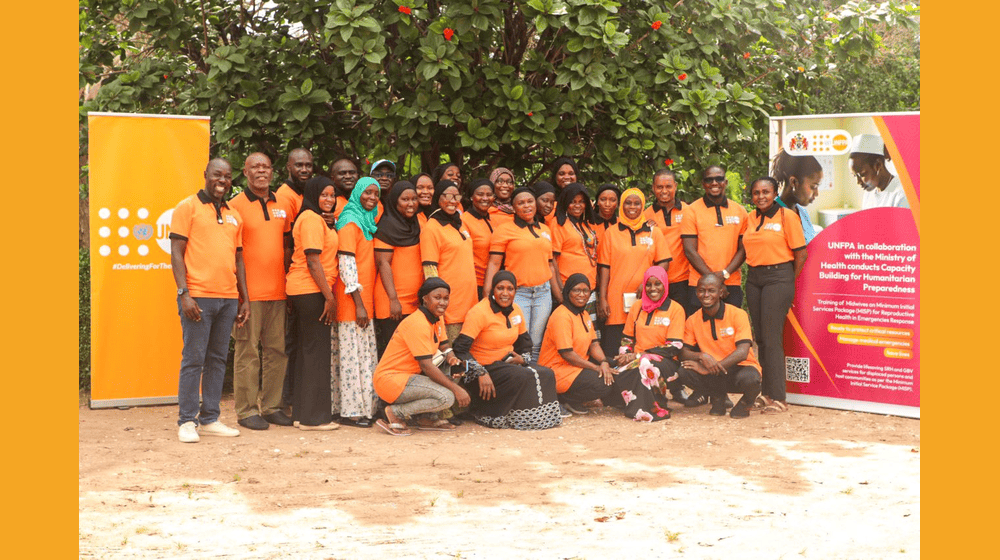In times of humanitarian crisis, midwives become essential lifelines for vulnerable women and girls. Recognizing this, equipping these frontline responders with the necessary knowledge and skills is crucial. As Binta KM. Suwareh, a state enrolled midwife who was among the 24 participants to recently complete the Minimum Initial Service Package (MISP) training, organized by UNFPA Gambia stated, "Midwives are trained healthcare professionals who monitor the progress of pregnant women, provide support during childbirth, and offer comprehensive care for women's sexual and reproductive health." Their role extends far beyond routine care, especially during emergencies.
Midwives are often the first point of contact for women in crisis settings, ensuring continued access to reproductive health services. During such times, displaced populations face increased risks, including a surge in sexual violence, leading to a rise in sexually transmitted infections, including HIV. This necessitates skilled healthcare professionals who can provide timely and appropriate care.
The MISP training program addresses these challenges head-on. It equips midwives with essential knowledge about infection prevention and the effective management of sexual violence cases. Binta shared her experience, stating, "This training has been incredibly valuable... I now feel more confident in my ability to support women and girls, especially during emergencies." This enhanced capacity ensures that midwives can offer comprehensive support, safeguarding the health and well-being of women and girls during crises.
Binta's commitment to sharing her newfound knowledge is commendable. "I plan to share the knowledge I've gained by organizing a training for my fellow midwives who couldn't attend," she said. "This will help ensure that essential services are easily accessible to all women in our community." This proactive approach strengthens the overall healthcare system's ability to respond effectively to crises.
Media contact: Malick Saine, Communications Associate (saine@unfpa.org)


